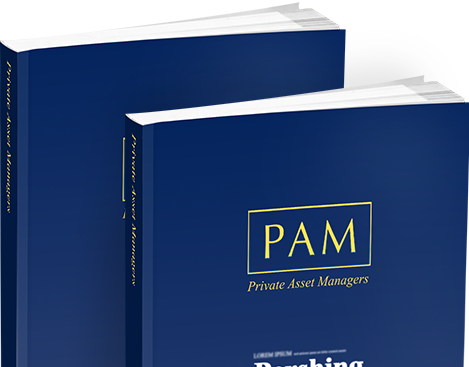The venture capital trust (VCT), which was introduced in 1995, is a company whose shares are traded on the London Stock Exchange. VCTs typically invest in very small companies that require investment to develop their business. They include start-up ventures, unquoted companies and shares listed on the Alternative Investment Market (AIM). Companies invested in by VCTs must have gross assets of less than £15 million before the investment and less than £16 million following the investment.
To make money, the VCT looks for its holdings to float on the stock market, or be acquired. These are not usually short-term investments and this exit strategy generally may take anywhere between three and 10 years. Any profit usually will be paid to investors as a tax-free lump sum and the original capital is then reinvested.
There are risks, of course, with investing in venture capital backed companies. The businesses are generally at an earlier stage of development than companies quoted on the FTSE All Share and therefore have a greater risk of failing. There is less liquidity than among FTSE All Share stocks, which can make it difficult to redeem capital. Some VCTs, however, have a buy-back policy that typically allows investors to sell their shares at a 10 percent discount to net asset value. Whether this could cope with lots of investors redeeming at the same time is another issue.
The fact that the exit strategies take a number of years to be fulfilled demonstrates that these are long-term investments of at least five to 10 years. Conversely, if you are prepared to invest in VCTs for the long term, the out-performance over other asset classes can be substantial. It is not only investment risk that you will face, however. The government has amended the tax benefits of VCTs and they may change them again in the future.
Furthermore, you have to hold VCTs for at least five years (previously it was three years) to take advantage of the tax benefits. The current benefits are that if you invest in VCTs you receive a tax rebate of up to 30 percent. If you invest £10,000, you can receive a cheque of £3,000 from the taxman or a reduction in the tax you pay. When you complete your tax return, there is a special VCT section through which you will be repaid income tax, receive a lump sum rebate or a reduction in tax if you are self-employed.
You can invest up to £200,000 in VCTs each tax year. To benefit from the tax rebate, you need to remain invested for at least five years and the VCT manager must invest at least 70 percent of the capital in the fund within three years. This tax benefit, however, is only available if you invest in a new issue of shares in a VCT or make a top-up investment. Dividends on VCTs are tax free as you receive them.
When you sell the VCT, you will be exempt from capital gains tax. By buying shares in an existing VCT that is quoted on the stock market, you are eligible for CGT exemptions and you benefit from tax-free dividends as they are paid out.
There are three main categories of VCTs, which are generalist, Aim and specialist. As their names suggest, generalists have a broader remit. Aim trusts typically invest between five percent and 10 percent in unquoted companies.
Wealth managers recommend that you invest in VCTs that have sizeable assets of at least £10 million, so they can gain sufficient diversification and thus lower company specific risk within the portfolio. Smaller VCTs may be less diverse and prove more costly to manage.
The PAM Directory is a comprehensive guide on comparative data focusing on asset managers, investment managers, private banks, stockbrokers, wealth managers and multi-family offices, who provide discretionary and/or advisory portfolio management services for private clients.
Order Now
Subscribe to PAM to hear about the latest news and promotions
Site Content Copyright PAM Insight Ltd 2016
This option is not available when logged in as a Private Asset Manager.
For registering with PAMonline. You should now receive an email asking you to verify your email address. If you do not receive this email, please call +44 (0)207 967 1601 for assistance.
To reset your password please enter code below.
To restore your password please enter your email below.
To see full information of the Private Asset Managers, plus the opportunity to rate and follow, login or register
For registering with PAMonline.
You should now receive an email asking you to verify your email address.
If you do not receive this email, please call +44 (0)207 967 1601 for assistance.
To return to the Home page, click here
To see full information of the Private Asset Managers,
plus the opportunity to rate and follow, login or register.
Please fill in all the fields.
To activate your account enter valid activation code below.
To resend activation email type in your registered email address below. Or contact the PAM office on +44 (0)20 7967 1608 to get instructions to activate your account.
